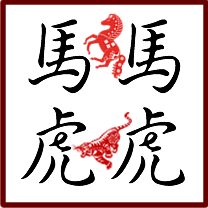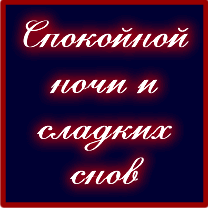Claptrap is a great word that means ’empty verbiage or nonsense’. A claptrap was a also device that produced a clapping sound and was used in theaters to encourge applause from audiences. It can also mean ‘a trick or device to gain applause; humbug’. Synonyms include waffle, hot air and palaver.
The word apparently comes from Theatre slang and refers to theatrical techniques or gags used to incite applause.
It first appeared in print in Nathan Bailey’s dictionary of 1721, which defined it as, “A Clap Trap, a name given to the rant and rhimes that dramatick poets, to please the actors, let them get off with: as much as to say, a trap to catch a clap, by way of applause from the spectators at a play.”
Over time the meaning of claptrap expanded to showy or insincere platitures or mawkish sentimetality, and from there to mean rubbish or nonsense.
Sources: Wiktionary, World Wide Words
Do similar words exist in other languages?


